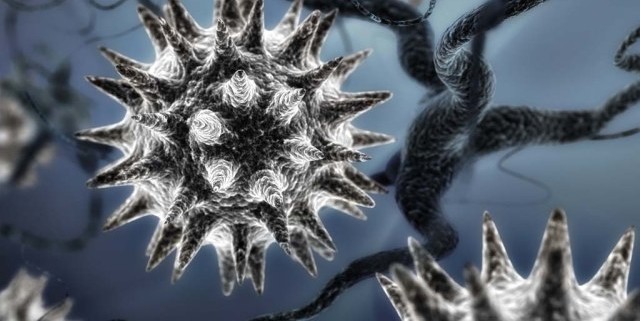Recreational water Illnesses
Recreational water Illnesses
Illnesses spread by water used for recreating (swimming, soaking, playing) are called Recreational Water Illnesses (RWI). These RWIs are spread by swallowing, breathing, or having contact with contaminated water from swimming pools, spas, water parks, interactive fountains, and other recreational water. Water can be contaminated by microscopic organisms such as bacteria, viruses, or protozoa.
Microorganisms causing illness in humans are said to be pathogens. These organisms can end up in the water from the environment (air, soil, water, animals) from users. RWIs can cause a wide variety of symptoms, including gastrointestinal, skin, ear, respiratory, eye, neurologic, and wound infections. The most commonly reported RWI is diarrhea caused by pathogens such as Cryptosporidium (Crypto), Norovirus, Shigella, Escherichia coil 0157:H7, and Giardia. Gastroenteritis refers to an inflammation of the stomach and intestinal tract. Symptoms associated with gastroenteritis are diarrhea, nausea, vomiting, and abdominal cramping. Large outbreaks occur more frequently in the summer.
The CDC issues reports on disease outbreaks every two years. State and local jurisdictions report their illnesses from recreational facilities are not identified, investigated or reported to the CDC. Therefore, the true number of illnesses is under reported. It is important to notice that since the 1980s the number of reported RWI outbreaks have increased steadily. In fact, in 2007, state and local health departments across the county investigated more RWI outbreaks than ever before.



